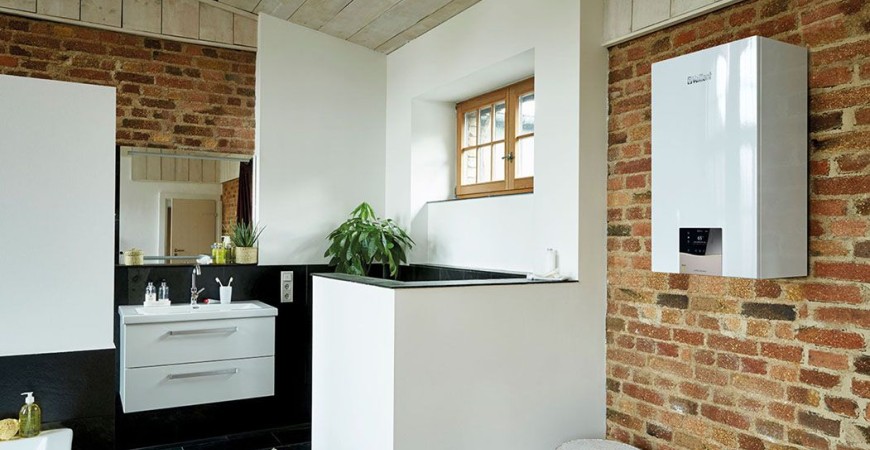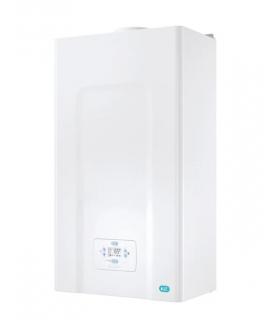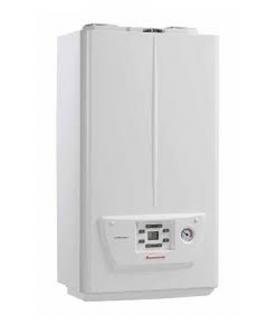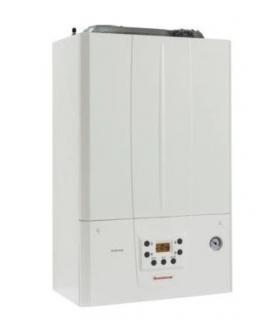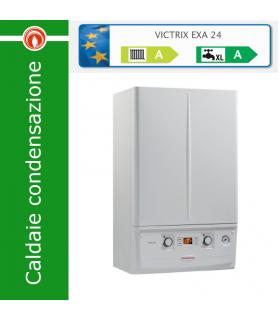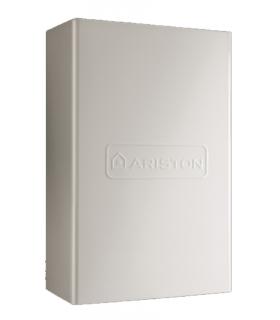Types of boiler for domestic use
There are different types of boilers on the market suitable for residential use, both for heating and for the production of hot water.
The boiler is the most used heat generator to heat our homes and the various models differ in price, features and performance.
Gas boilers
The gas boiler is the most common both for heating and for the production of domestic hot water and they are essentially divided into two groups according to the type of fuel: methane boilers or LPG boilers.
Natural gas boilers are the most widespread (and also the cheapest) also because natural gas is the most distributed throughout the country with an extremely widespread network.
Only in cases where the national network is not present, it is advisable to opt for a LPG boiler by mounting a separate cylinder.
Traditional sealed chamber boilers are no longer produced as they are not compliant due to excessive emissions in their operation. The only traditional boilers still in production are those with open chambers, which use natural draft whereby the combustion air is taken from the room in which the boiler is installed and the fumes are expelled from a vertical duct.
Open chamber boilers must be installed in a well ventilated and ventilated room and equipped with adequate flues to carry the exhaust towards the outside environment.
Condensing boilers are the most used in recent years: these boilers have an initial purchase cost higher than traditional boilers, but are equipped with technologically advanced features that allow for a significant reduction in consumption and, consequently, the environmental impact.
Indoor or outdoor condensing boilers are available, available with different capacities and power to adapt to different scenarios.
Unlike traditional boilers that disperse exhaust fumes into the environment, condensing boilers reuse them for heating, exploiting the water vapor and condensate that forms in the combustion process to the advantage of energy efficiency.
A further advantage of choosing a condensing boiler is that it can be included in the 65% IRPEF tax deductions for energy savings.
Both traditional gas boilers and condensing boilers require a flue for their correct use: when the boiler is activated, a valve connected to it opens and the gas enters the combustion chamber where it is burned. The heat exchanger then exploits the thermal energy produced to heat the water, which is pumped to the terminals through the pipes.
An external thermostat will then allow you to set the desired temperature in the house.
On Acquaclick we have the condensing boilers and open chamber boilers of the best brands on the market available. Discover Ariston, Immergas, Beretta and Vaillant boilers at the best price!


